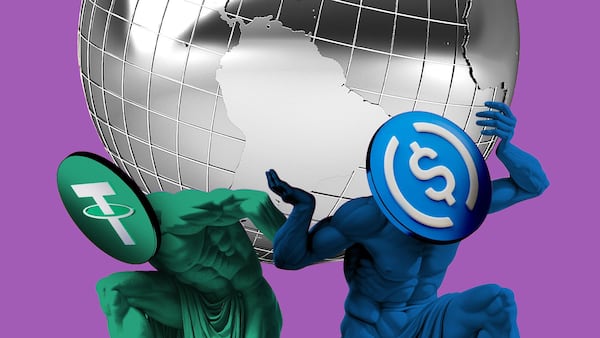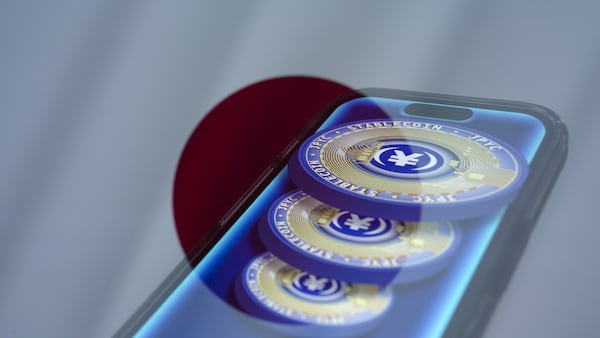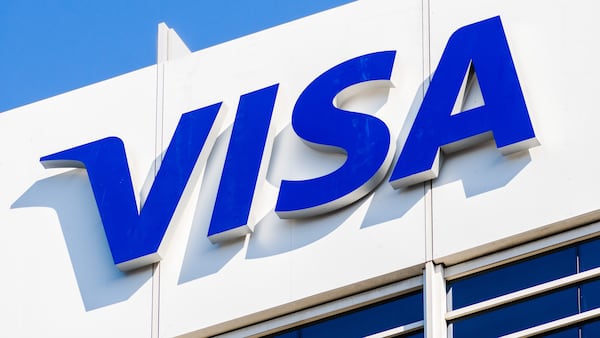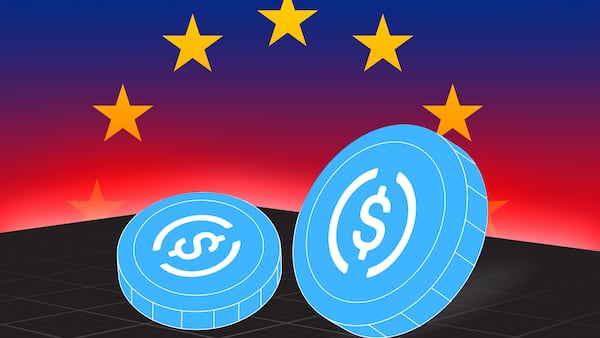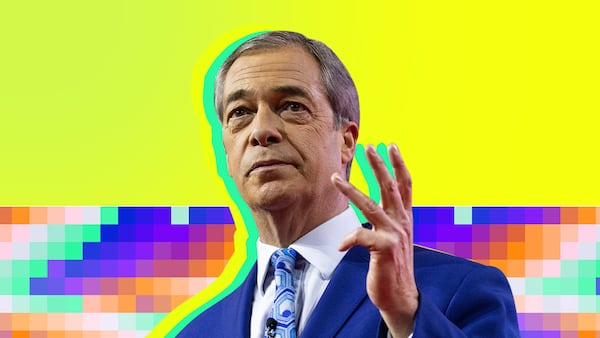- Lee Eok-won wants ‘risk-free’ stablecoin adoption
- FSC chief says he thinks regulator will “eventually see eye-to-eye” with central bank
- Expert says Seoul wants to keep pace with developments in Washington, Tokyo
The South Korean government’s efforts to roll out KRW-pegged stablecoins must eliminate risk, but not at the expense of falling behind the US and Japan, the country’s top regulator says.
The comments came from the Financial Services Commission Chair Lee Eok-won, Korean outlet Money Today reported, as lawmakers prepare a fresh round of crypto legislation.
“We mustn’t lose pace with international trends,” Lee Eok-won said. “There should be no risk involved.”
“But the most important thing is to maintain international consistency. That includes understanding international developments, as well as the institutional systems and standards our international counterparts are using.”
If the government can get the reticent central bank onside, lawmakers believe they can catch up with Tokyo and Washington’s stablecoin progress.
In 2019, the South Korean government banned all forms of token issuance.
But the Lee Jae-myung government wants to allow private tech companies and banks to issue their own coins in apperant hopes that a domestic rival the likes of USDT and USDC will emerge.
The comments come as stablecoins have surged some 50% to hold a total value of $305 billion in 2025, according to data from DefiLlama. About 99.6 of those stablecoins are pegged to the US dollar by stablecoins like Tether and Circle.
Even so, efforts to launch other fiat-based stablecoins are cropping up in places like Europe and Japan.
Regulator bullish on adoption
Lee Eok-won and the government have been bullish on stablecoin adoption since the election of President Lee Jae-myung in June.
One of Lee Jae-myung’s key manifesto pledges was the introduction of KRW-pegged stablecoins.
However, the Bank of Korea has thus far dragged its feet on the matter, expressing concern that letting private firms issue their own coins will undermine financial security.
Bok Jin-sol, the research lead at the crypto research network Four Pillars, told DL News that stablecoins “don’t offer huge practical benefits to South Korea as the country’s foreign exchange laws are strict, and the fintech and super app ecosystem is already well established.”
“That’s why the Bank of Korea remains pretty cautious about them,” Bok said.
But the FSC chief said that stablecoins can “present South Korea with an opportunity for innovation.” Lee Eok-won said, “They should be integrated in ways that open up new opportunities.”
Still, Lee Eok-won warned that regulators must build safeguards into any new financial system.
“Since this is terra incognita, we must closely examine stablecoins’ potential impact on financial markets. We must build safeguards into the system,” the FSC chief urged.
Ignore central bank scare stories, say critics
The BOK recently released a 157-page report listing its many concerns about stablecoin adoption.
It says that KRW-pegged coins could spark capital flight, dampen consumer protection protocols, and damage the BOK’s own ability to create effective monetary policy.
Earlier this week, the lawmaker Min Byoung-dug, one of Lee Jae-myung’s key political allies, hit out at the BOK’s concerns, calling them “scare stories.”
“The technology for stablecoins is already ready,” Min lamented. “The market is demanding them. And global competition is intensifying. But it is regrettable that the BOK is wasting its energy on the debate over its scare stories.”
Bok noted that when it comes to new technology and related regulations, South Korea “tends to follow the US lead.”
Washington’s recent pivot to stablecoins has “put a lot of pressure on the government and lawmakers to catch up and align with global trends,” Bok explained.
Academic urges action
Lim Jong-in, professor emeritus at Korea University’s Graduate School of Information Security, also urged Seoul to act faster, Korean outlet Busan Ilbo reported.
Lim called the United States’ Genius Act a stablecoin-powered bid to maintain dollar hegemony in the digital economy era.
The academic conceded that stablecoins could pose certain security and money laundering-related risks, but claimed that AI solutions could help stave these off.
Using AI, Lim said, could help regulators check on issuers’ reserves in real-time, as well as detect suspicious-looking transactions.
“The US has brought stablecoins into the institutional financial system, and Japanese parties have already issued them. We cannot afford to be the only ones dragging our feet,” said Lim.
“We need to find ways to mitigate the risks of stablecoins and manage them within the financial system.”
Tim Alper is a Korean-speaking News Correspondent at DL News. Got a tip? Email at tdalper@dlnews.com.




